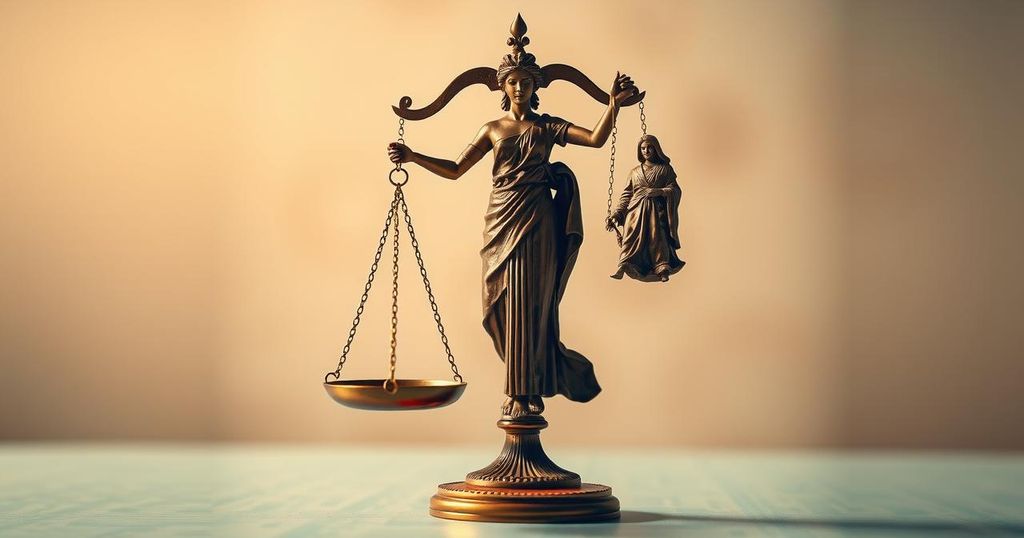UNHRC Core Group Urges Sri Lanka’s New Government on Human Rights Action

The UNHRC Core Group on Sri Lanka, led by the UK, presented a report urging the new government to address human rights challenges while acknowledging progress made since the last elections. The report emphasizes reconciliation efforts, the reformation of the Prevention of Terrorism Act, and the importance of community involvement in future accountability measures. In contrast, the Sri Lankan government asserted its commitment to democracy and rejected some UN resolutions.
On March 3, 2025, during the 58th session of the United Nations Human Rights Council (UNHRC), a joint report was presented by the Sri Lanka Core Group, which is led by the United Kingdom. This report critically examines Sri Lanka’s recent political and human rights developments, notably highlighting the commendable nature of Sri Lanka’s peaceful elections and the subsequent transition of power that occurred last year.
The report acknowledges the newly elected government’s opportunity to address imminent challenges while recognizing that it has only been operational for four months. In addition, it appreciates the government’s dedication to enhancing reconciliation measures, such as returning confiscated lands, removing roadblocks, and permitting memorial activities for victims in the Northern and Eastern regions.
The Core Group also noted the government’s intentions to implement constitutional devolution and advance governance reforms. The emphasis was placed on the necessity for a revised Prevention of Terrorism Act to align with Sri Lanka’s international obligations, encouraging the release of individuals currently detained under this law.
Moreover, the report urges that any undertaken reconciliation and accountability processes should consider the perspectives of the affected communities. The Core Group expressed their determination to collaborate with the Sri Lankan government to ensure that any future transitional justice mechanisms are independent, inclusive, and align with international standards and community expectations.
In response to the Core Group’s findings, the Sri Lankan government presented its own oral report, outlining ongoing initiatives to foster a new political culture alongside economic and social development. The government emphasized its commitment to democracy and human rights, while contesting previously passed UNHRC resolutions and the mechanisms for external evidence gathering regarding Sri Lanka’s human rights situation.
In summary, the joint report from the Sri Lanka Core Group underscores both the progress and challenges facing the new government in enhancing human rights and reconciliation efforts. It calls for a commitment to uphold international obligations and engage affected communities in reconciliation processes. Meanwhile, the Sri Lankan government reiterated its commitment to democratic values while rejecting certain UN resolutions.
Original Source: www.adaderana.lk








